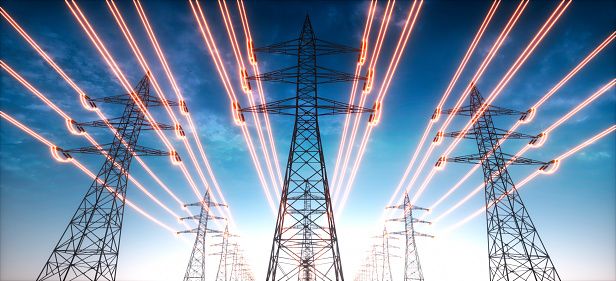Tron Energy plays a pivotal role within the Tron blockchain, which operates on a delegated proof of stake (DPoS) consensus mechanism. This system ensures network security and fosters decentralized governance through active participation of its community members.

1. DPoS Consensus Mechanism: Tron utilizes DPoS, where a select group of delegates validate transactions and generate new blocks on the blockchain. These delegates are chosen through a voting process wherein users stake their TRX tokens.
2. Freezing TRX: Freezing TRX is central to the DPoS process. By freezing their TRX tokens, users stake them as collateral to participate in the selection and voting of delegates. This action not only helps secure the network but also empowers users in governance decisions.
3. Importance of Freezing TRX:
Security: Staking TRX enhances network security by aligning the interests of token holders with the network's integrity. Delegates have a financial incentive to act honestly and in the best interests of the network.
Governance: Freezing TRX enables users to vote for delegates who represent their interests, ensuring a transparent and decentralized governance structure. This democratic process is fundamental to maintaining the network's integrity and fairness.
Rewards: Participants who freeze their TRX tokens can earn rewards for their contribution to the network. These rewards incentivize active involvement and can be substantial, especially for those staking significant amounts or voting for top-ranked delegates.
Conclusion: In summary, freezing TRX is not just a technical process within the Tron network but a critical mechanism that enhances security, facilitates democratic governance, and rewards active participants. By freezing TRX, users actively shape the future and operation of the Tron blockchain, making it a community-driven ecosystem that prioritizes transparency and collective decision-making.
